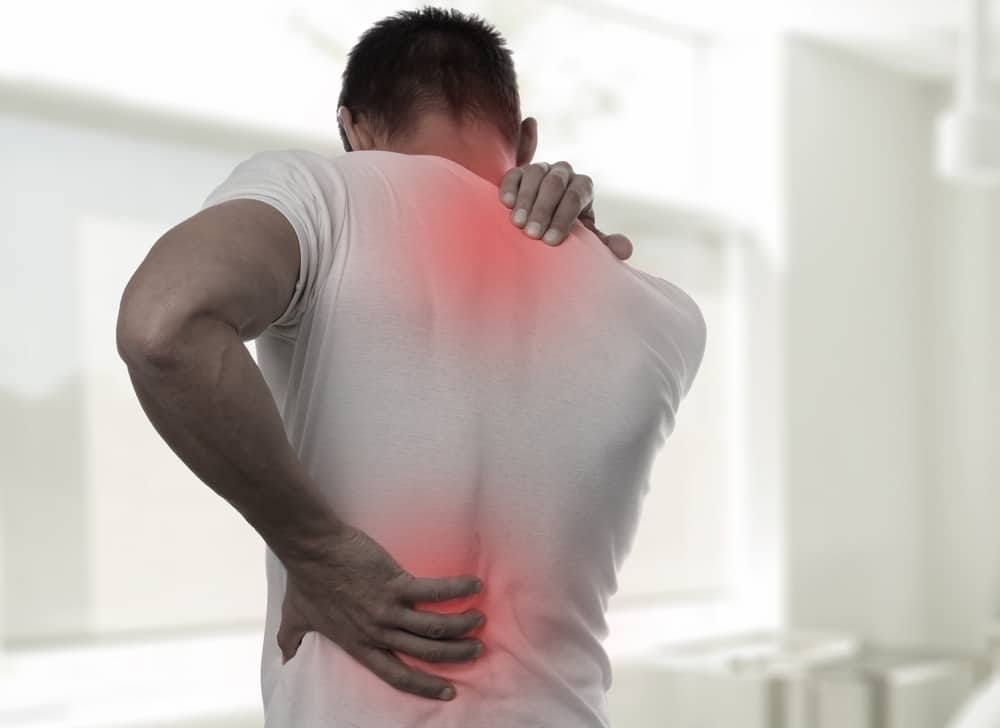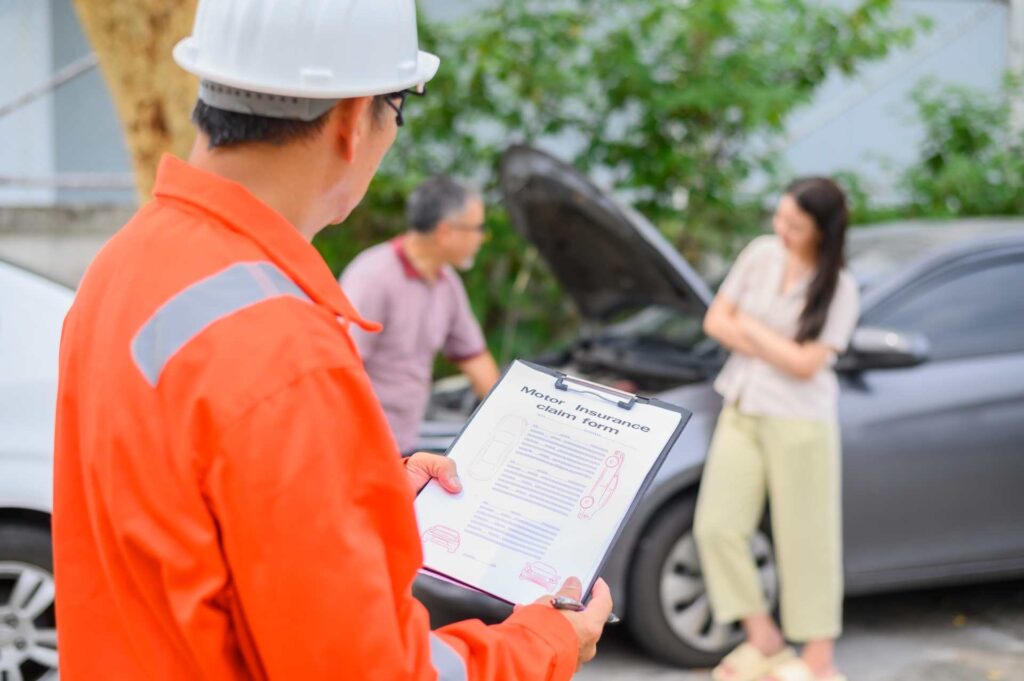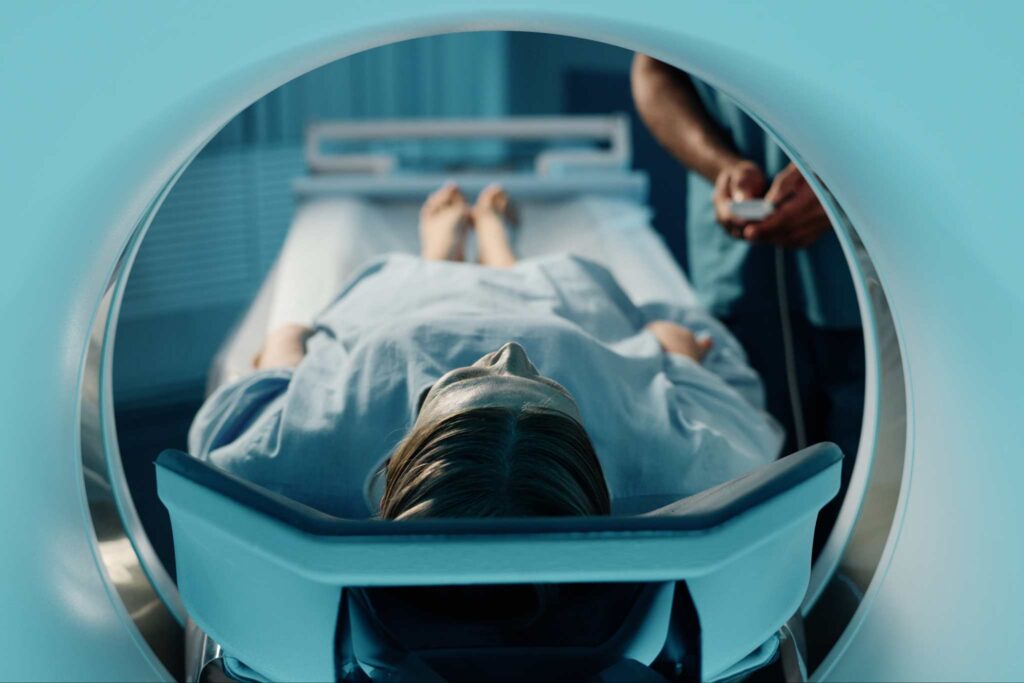After a car accident, you may be concerned about a range of things, including your car and insurance paperwork, not to mention your health and any symptoms you are experiencing. You may be surprised to notice you have no symptoms of injuries in the immediate aftermath of the crash- this is normal, as the adrenaline coursing through your body can often hide injuries that will later send you running to the accident injury clinic.
When symptoms do begin to kick in, you may find yourself questioning what is related to your accident in the first place. This often happens with muscle spasms, or involuntary movements of the muscles that last a few seconds and can be painful. If you’re wondering whether these spasms are a result of your accident, the answer is likely less.
Muscle After an Auto Accident
Muscle spasms often occur in response to muscle fiber damage that results from muscles moving more than normal or in unusual ways. During an accident, muscles can become overexerted during bracing or movement, to the point they even swell and become inflamed. In some cases, the nerves are damaged along with the muscle.
Muscles can also ache in response to the counterforce your body experiences during a rear-end collision. In the split second you know an accident is coming, but before the impact occurs, your muscles brace for impact and tighten up. This is most common in the neck, shoulders, and arms of the driver as they brace against the steering wheel, though the legs are also susceptible to these problems.
As a response to the pain caused by these injuries, the muscles stiffen and shrink. Think about how you may react if pinched- you would tense up and pull away. This is what your muscles are doing. However, this unusual contraction of the muscles can cause spasms that last as long as the swelling and inflammation from the original injury. Spasms can last for days or even weeks and cause prolonged soreness even when the muscle isn’t spasming.
Treatment for Muscle Aches
If you’re experiencing muscle spasms, they may resolve over time, but it is important to seek help from an accident injury clinic to ensure there are no serious underlying problems. When you visit, a doctor will perform a thorough medical evaluation in addition to taking am oral history of your accident and any other medical conditions you may have. From there, they can develop a personalized treatment plan to address your symptoms. Some treatment options may include the following:
- Chiropractic care: By adjusting your spine to remove any misalignments, a chiropractor will be able to address issues with protrusions or other issues that may be impacting the nearby muscles and nerves. The extra spinal pressure caused by misalignments can lead to additional tension as your muscles struggle to support the abnormally positioned spine.
- Physical therapy: By helping the damaged muscles to regain strength and movement, physical therapy can help spasms to stop over time. Your muscles may also gain strength, durability, and flexibility that was not there before and can help to prevent further damage in the future.
- Massage therapy: A professional masseuse will be able to rub deep into your muscles to reduce inflammation and therefore spasms. This may not be relaxing like a typical massage, but it will help refresh your muscles and relieve pain.
- Deep tissue laser therapy: Laser treatments can permeate deep into the tissue level of your muscles to address inflammation and swelling. This treatment helps the muscle to heal, relieving spasms over time.
Other Causes of Muscle Spasms
In some cases, muscle spasms are a solitary symptom that are contained in the muscles and heal as the muscle is able to relax. However, muscle spasms can also occur as a result of other, more serious injuries after an accident can also manifest with muscle spasms. In this case, more extensive treatment may be needed to address the underlying cause of the spasms in order to stop the issue from occurring. Some injuries that can cause muscle spasms include the following:
- Disc injuries where the disc has been injured or ruptured.
- Joint injuries that present on bony protrusions on the spinal column.
- Spinal fractures or muscular injuries in the lower back.
The best way to determine if your muscle spasms can be easily treated or may require more invasive methods. At AICA Orthopedics, our accident injury clinic can help you determine the root cause of your muscle spasms and develop a treatment plan that best suits your recovery needs. Contact us today for your first appointment.





